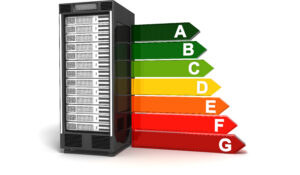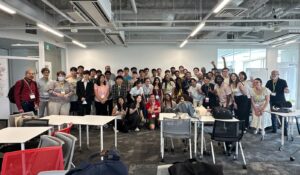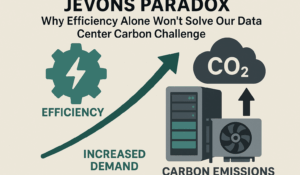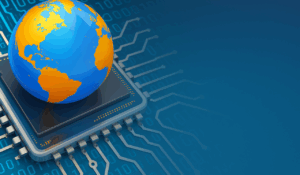


Seventh Annual Undergraduate Mentoring Workshop (uArch 2025)
The 7th annual Undergraduate Architecture Mentoring (uArch) Workshop took place alongside the International Symposium of Computer Architecture (ISCA) 2025, in the vibrant city of Tokyo, Japan! Similar to previous years, uArch was conducted in a hybrid format,...
Computer Architecture Lessons from the Kitchen
I am a COMPUTER ARCHITECT, which means I design computers. I was trained at a great school (UW-Madison), and I worked in industry (Intel) before I became a professor (University of Michigan). Despite these rarefied experiences, I first came to know computer...
Ethical and Moral Fraying due to Intellectual Conflicts in Paper Reviews
Intellectually-conflicted reviews are an ethical and moral danger for the reviewers, result in repeated or permanent rejection of good papers, seriously hurt the careers of the authors, stymie progress in our field, but remain unrecognized by our review process.

The Reviewer is Dead, Long Live the Review: Re-engineering Peer Review for the Age of AI
While the peer review process is the bedrock of modern science, it is notoriously slow, subjective, and inefficient. This blog post explores how Large Language Models (LLMs) can be used to re-imagine the review architecture, augmenting human expertise to build a...
The Role of LLMs in Academic Reviewing
Editor’s note: With continuing proliferation of LLMs and their capabilities, academic community started to discuss their potential role in paper reviewing process. Some conferences are already piloting the assistance of LLMs in their reviewing this year. To...
ISCA 2025 Trip Report
The conference The 52nd ISCA, which was held in Tokyo from June 21 to 25, was just completed. One notable thing for this year ISCA is the high number of registrations (1200+), a big surge from 2023 (800+) and 2004 (600+). This was even after the registration was...
The Jevons Paradox: Why Efficiency Alone Won’t Solve Our Data Center Carbon Challenge
What Is Jevons Paradox? Jevons Paradox, first described by economist William Stanley Jevons in the 19th century, states that increasing the efficiency of using a resource often makes that resource cheaper and more accessible, which can lead to higher overall...
Racing Camels in a Quantum Game of Camel Up
Camel Up is a light-hearted board game. Fueled by the randomness of dice, camels race around a cardboard track to be the first to cross the finish line. Throughout the race players place bets, trying to predict which camel will ultimately win. Unfortunately, correct...

